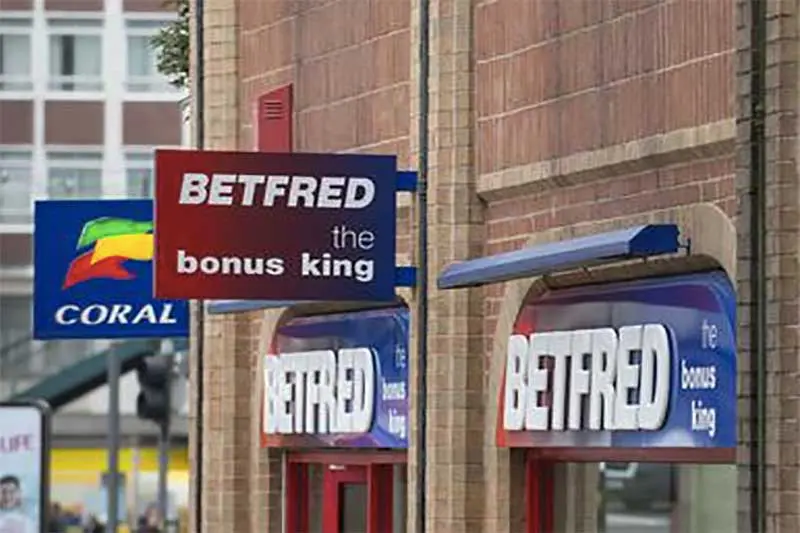
AN investigation into the self-exclusion program in UK betting shops has questioned its effectiveness during the 12-week government consultation on fixed odds betting terminals (FOBTs).
UK bookmakers have made headlines again after an undercover investigation by the BBC questioned the efficacy of the current self-exclusion program in betting shops.
BBC reporter, Rob Cave, recently went undercover and self-excluded himself from 21 betting shops via the multi-operator self-exclusion scheme.
The UK Gambling Commission (UKGC) introduced the system earlier this year in a bid to promote responsible gambling, and punters who believe they have a problem can exclude themselves from several betting shops at once.
Cave then re-visited the betting shops, which have a piece of paper with a photograph of the undercover reporter, where he found he could place a bet in 16 or the 21 betting shops before being recognised and asked to leave.
The recorded investigation features Cave questioning whether a piece of paper with a name and a photograph is enough to stop problem gamblers.
The Association of Bookmakers released a statement accepting that the “the current self-exclusion scheme is not without flaws however we are continually developing improved systems.”
But added that “it was conducted in artificial circumstances, involving a small sample, over a short period of time and the individual concerned was not a problem gambler or previously known to shop staff.”
“By its very nature, those who self-exclude are normally known to the staff in the shops they exclude from,” the statement said.
UK bookies are currently in the midst of a 12-week consultation period into the maximum bet limits on FOBTs, following the government’s triennial review of the gambling sector.
Gamblers can currently go into betting shops and place up to £100 per 20-second spin on the machines, but anti-gambling campaigners want the maximum limit reduced to £2. There are also talks of a £50 or £30 limit.
Bookmakers have been attempting to highlight the benefits of the machines, as the industry stands to lose £639 million a year in gross gambling yield if the government approves the reduced maximum bet limits.
A recent report revealed betting shops around the country have been shutting up shop, with more than 1000 jobs lost and 342 high street bookies closing in the six months between March and September 2017.
The number of betting shops has halved since the 1960s, which the ABB states will impact the UK horse racing industry, as it will lose “£10 million in media rights payments which are only paid on a per shop basis.”
The UKGC said it will investigate the problem gambling system flaws, which are not present online.
But there are several other digital issues the UKGC has been focusing on. It plans to launch a new self-exclusion program by 2018, where gamblers can register at one website to self-exclude themselves from multiple UK online casinos and betting sites.
While it sounds similar to the multi-exclusion system in place at betting shops, it has the added requirement that you need to enter your account details to access the gambling services.
It’s unlikely the BBC investigation will help the government side with bookmakers regarding the maximum limit cuts, which will mean more betting shop closures, unless it can come up with a system which has similar support.













